The Quaker Oats Company, part of PepsiCo, has recently issued a widespread recall of several snack products due to potential salmonella contamination. This situation is significant because of the popularity of these products and the health risks involved.
The recall, initially announced in December 2023, has been expanded to January 2024. Understanding this recall is essential for consumers, as it impacts a wide range of commonly consumed snack foods.
What Is Salmonella?
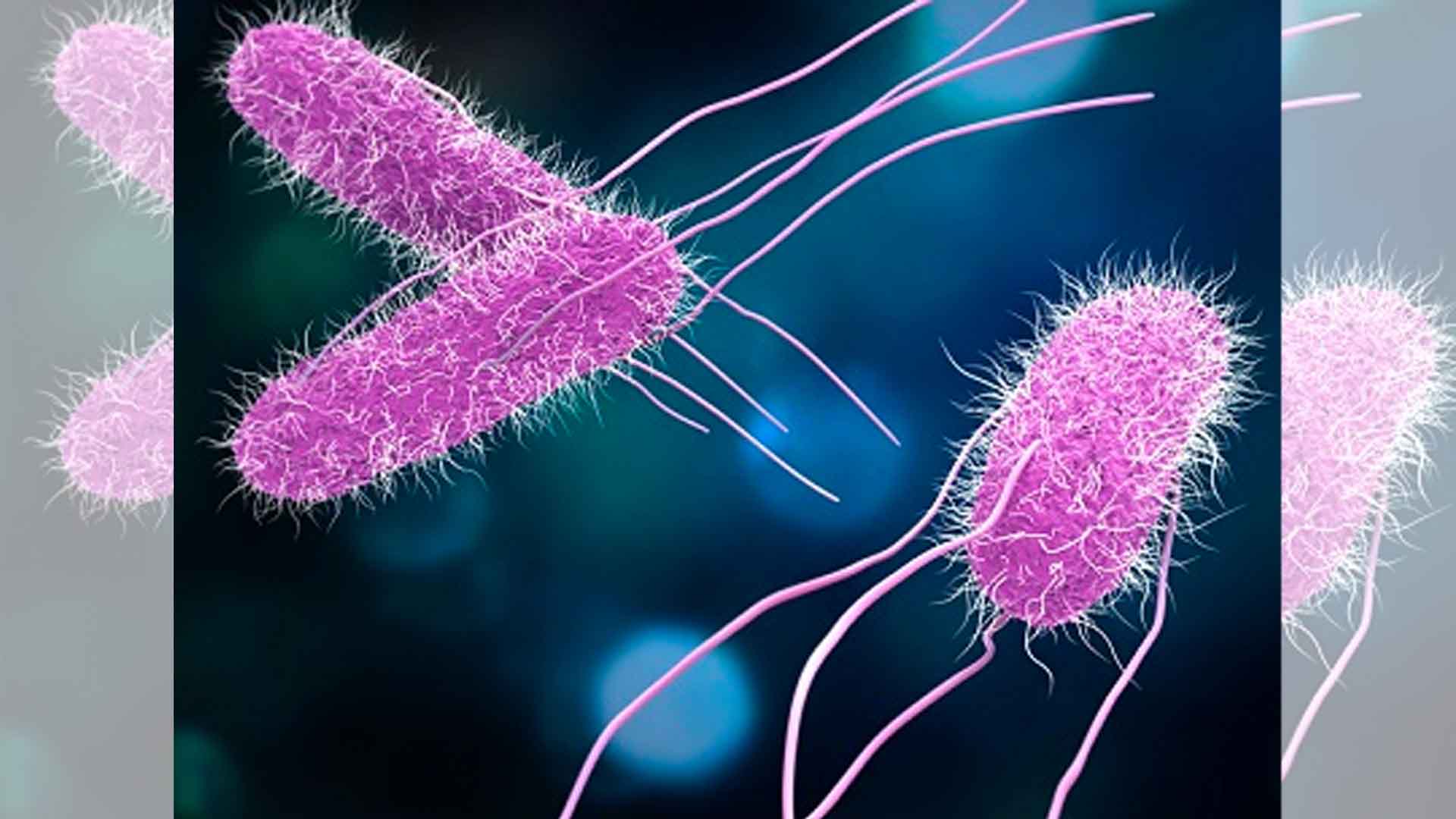
Salmonella is a bacterium that can cause serious, sometimes fatal infections, especially in vulnerable groups like children, the elderly, and those with weakened immune systems. Symptoms of salmonella infection include fever, diarrhea, nausea, vomiting, and abdominal pain.
In severe cases, the infection can spread to the bloodstream, leading to more serious conditions. Understanding the risks associated with salmonella is crucial, as it highlights the importance of the Quaker recall and the need for consumers to be cautious with affected products.
Is there a Cure for Salmonella Poisoning?

Most people are able to recover from salmonella poisoning without the aid of medicine and antibiotics.
Recovering from a poisoning event is best done with bed rest and plenty of fluids to replace the ones that a patient loses. In extreme cases some of the common drugs use to kill Salmonella include Ceftriaxone, Levofloxacin, and Ciprofloxacin.
Who is Most at Risk?

Salmonella is more dangerous to some groups than others in the general population. According to the CDC, children under five years old have the highest likelihood of getting affected.
Infant children who are not breastfed also have a higher risk of getting infected. Immunocompromised people and elderly adults tend to get more severe cases that will require medical intervention.
Initial Recall Announcement

In December 2023, Quaker Oats first announced a recall of specific granola bars and cereals due to salmonella risks. This initial recall was a precautionary measure to prevent any potential health issues.
The company’s swift response to the possibility of contamination demonstrated its commitment to consumer safety. At this stage, no illnesses had been directly linked to the products.
Importance of a Swift Recall
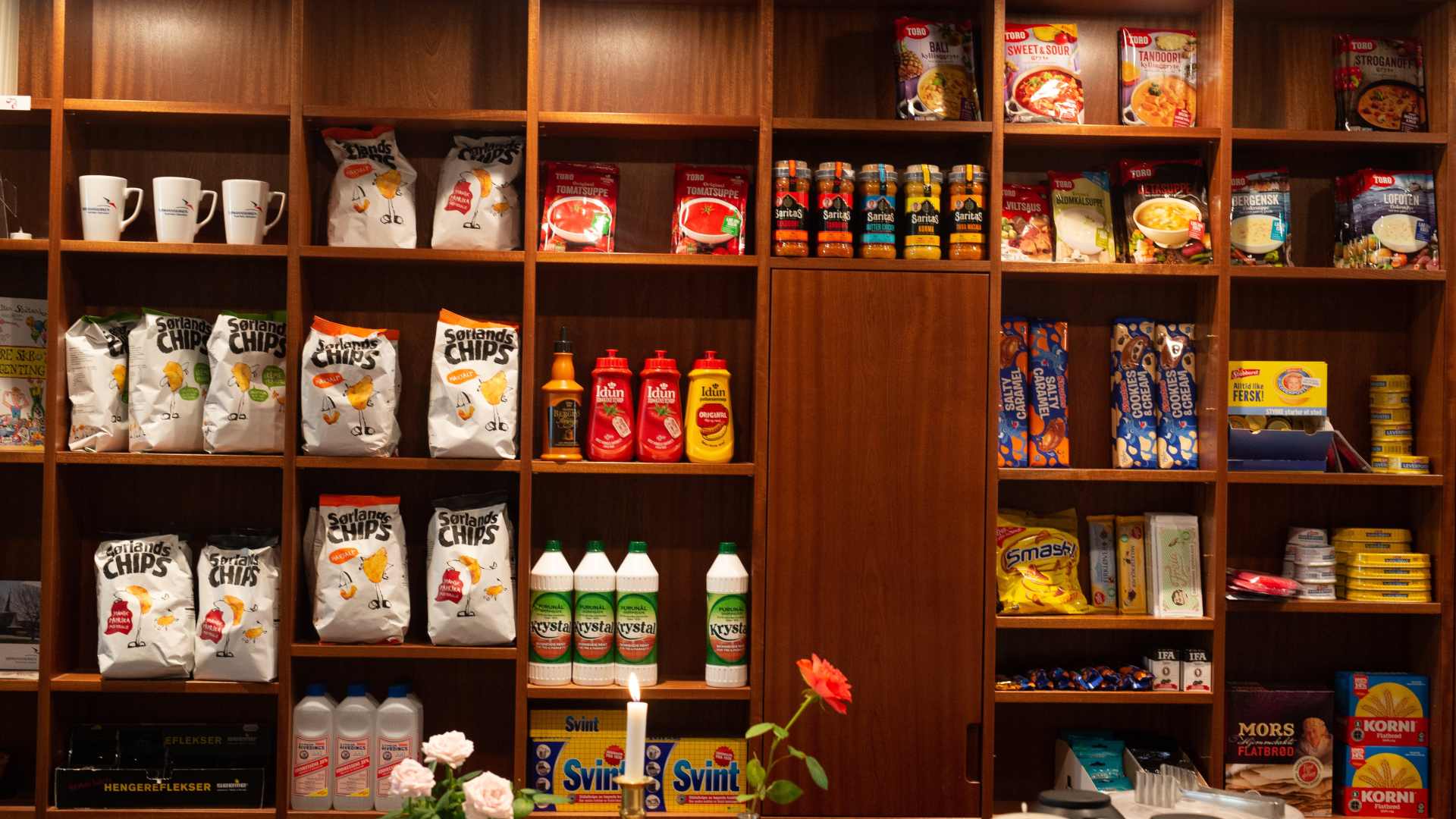
Quick product recalls are essential to protecting customers from potential food-borne illnesses. These illnesses have the potential to cause serious injury, even leading to death.
A product recall can also help patients bring up possible causes of their illness with a doctor, which can serve the diagnostic purpose of ruling out other diseases. Recalls also take products off the shelf, helping future customers avoid possible illnesses.
Limitations of Food Product Recalls
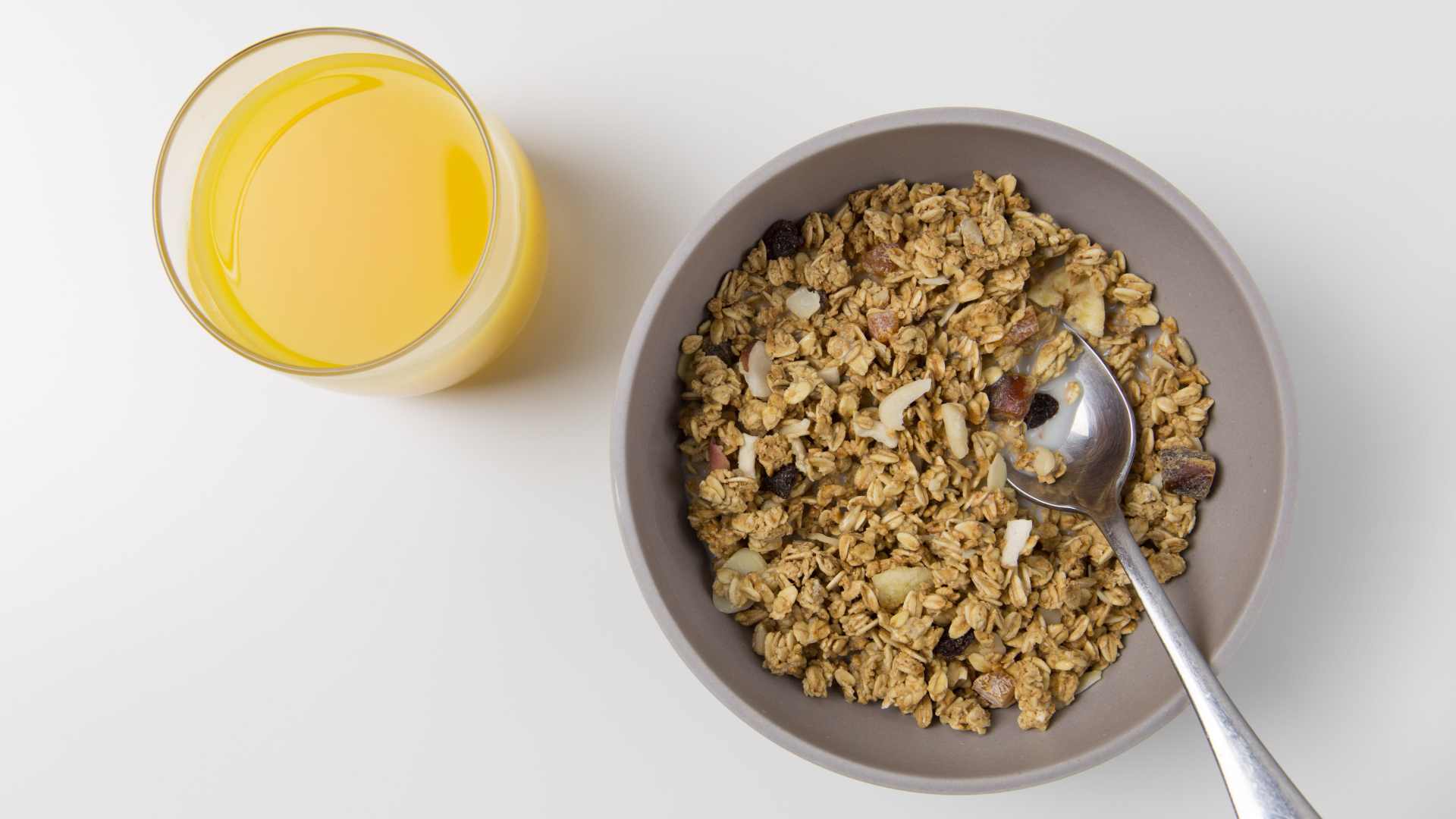
While food recalls are important for getting the word out to potential customers, they have some limitations on their effectiveness.
One limitation is that food recalls are usually voluntary. A company is not under a legal obligation in many cases unless it is requested by a government body like the FDA. This means customers are relying on the honesty of companies to promptly report suspected issues.
Statistics for Food Poisoning

The Center for Food Safety estimates that one in six Americans are sickened from Foodborne illnesses or diseases yearly. This equates to about 48 million people.
Of those 48 million 3,000 eventually die from foodborne illnesses. It is critical for customers to take food recall warnings seriously and catch the early warning signs of food poisoning symptoms.
Symptoms of Food Poisoning
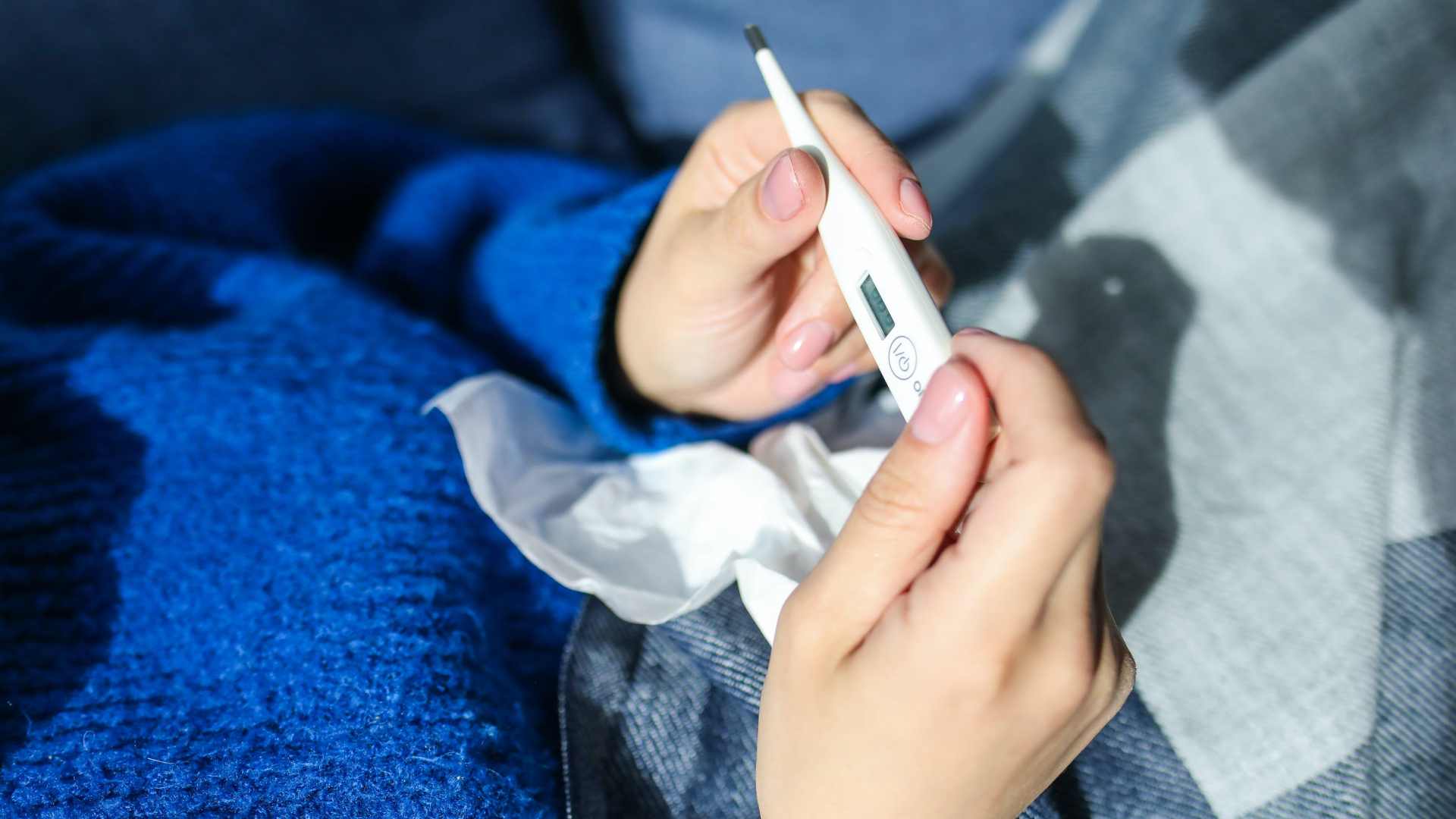
A person who consumes contaminated food will develop certain symptoms within hours of eating. Typically they will experience nausea, stomach cramps, and vomiting. Watery diarrhea is also a common symptom.
The diarrhea may also be accompanied by blood, which is a sign of an infection. Symptoms can vary depending on the type of infection, bacteria, or virus the contaminated food brings.
Expanded Recall in January 2024

Quaker Oats expanded the recall in January 2024 to include additional products, indicating a broader concern for potential contamination. This expansion highlighted the company’s ongoing evaluation of its products and its commitment to public health.
The expanded recall included more varieties of granola bars, cereals, and other snack foods, significantly increasing the scope of products that consumers needed to be aware of.
List of Recalled Products
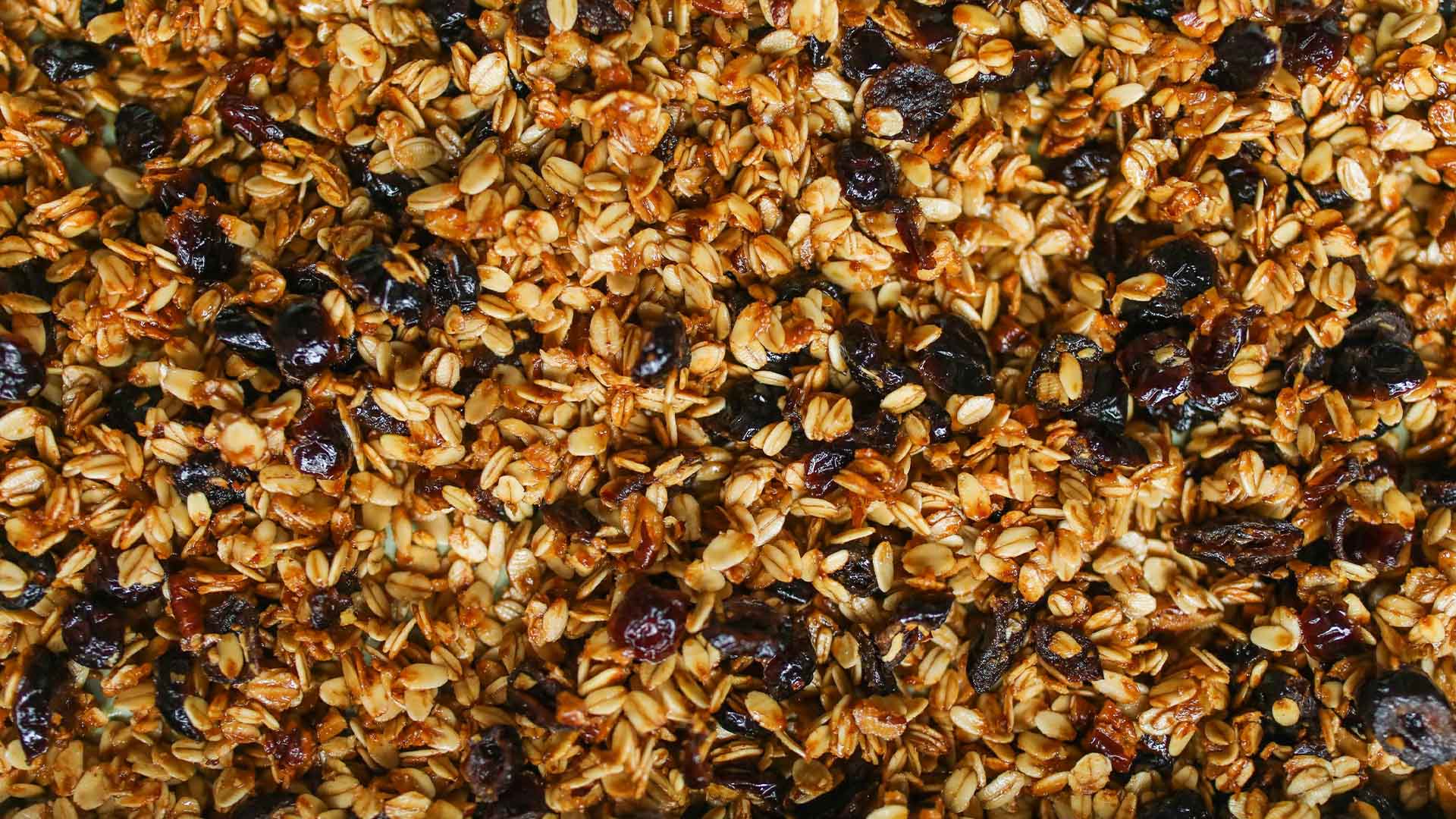
The recall includes a wide range of products such as Quaker Chewy Granola Bars, Cap’n Crunch Bars, Gamesa Marias Cereal, Gatorade Peanut Butter Chocolate Protein Bars, and Munchies Munch Mix. Consumers are advised to check their pantries for these items and dispose of them immediately.
Not all Quaker products were impacted, though. Non-affected products include: Quaker Oats, Quaker Instant Oats, Quaker Grits, Quaker Oat Bran, Quaker Oat Flour, and Quaker Rice Snacks
How to Identify Recalled Products

Identifying recalled products is straightforward. Consumers can check the packaging for specific batch codes or use the SmartLabel QR code for a quick confirmation.
This technology simplifies the process, allowing consumers to quickly determine if their product is part of the recall, thereby minimizing potential health risks.
Checking for Recalled Products
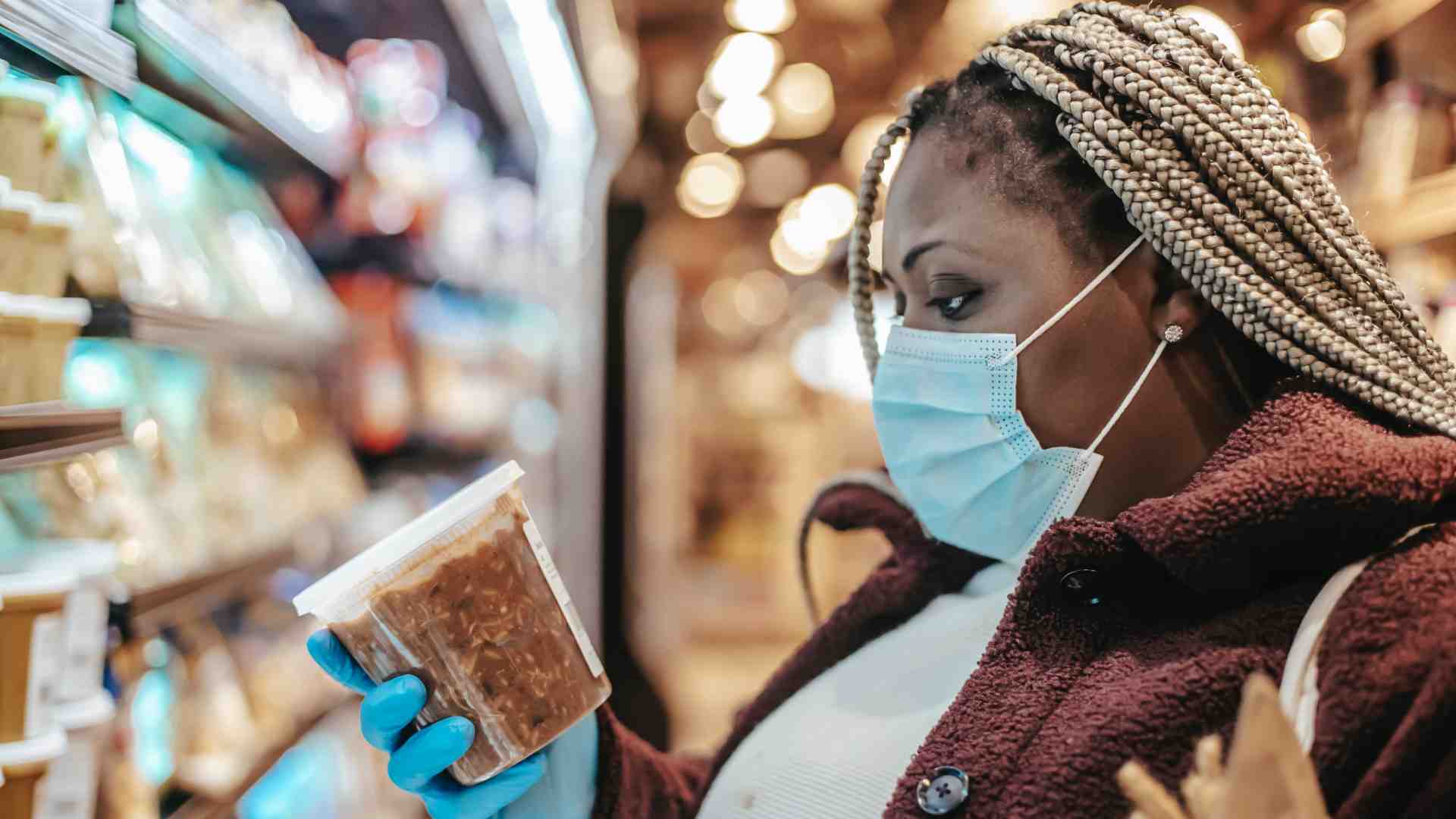
If a customer is unsure whether or not a product is currently being recalled there is a government website that can help them. By going to Recalls.gov, the customer will be directed to the United States Consumer Product Safety Commission search directory.
Here, a customer can search by name, category, manufacturing date, and more. This customer can also set up email alerts for product recalls, and report an unsafe product themselves.
Consumer Safety Measures
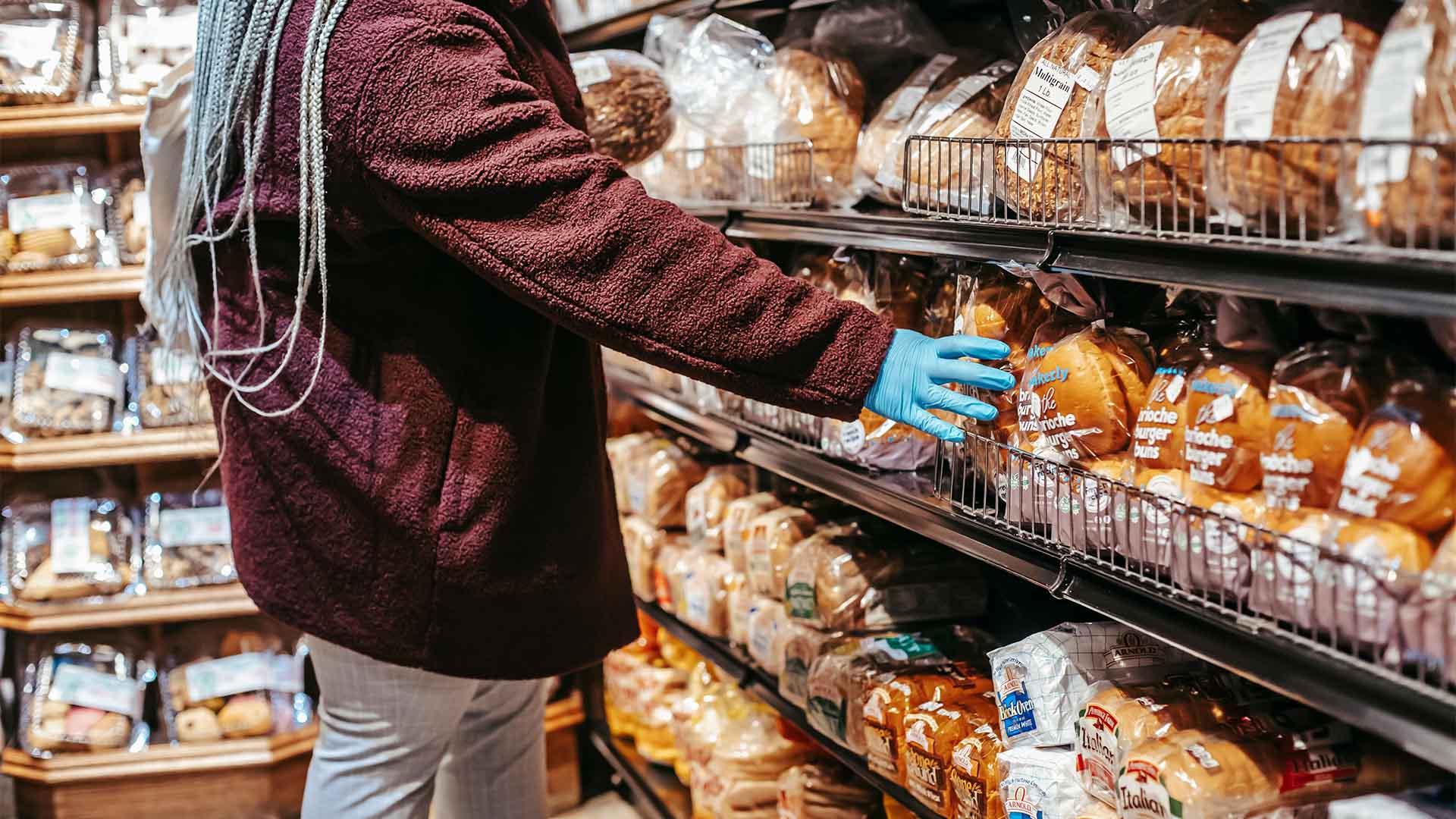
Safety is paramount in handling recalled products. Consumers should immediately dispose of any affected items and avoid consuming them.
It’s also recommended by the CDC to clean any surfaces the products may have contacted to prevent cross-contamination. These proactive steps help ensure personal and family health safety.
Cooking to Avoid Contaminated Food
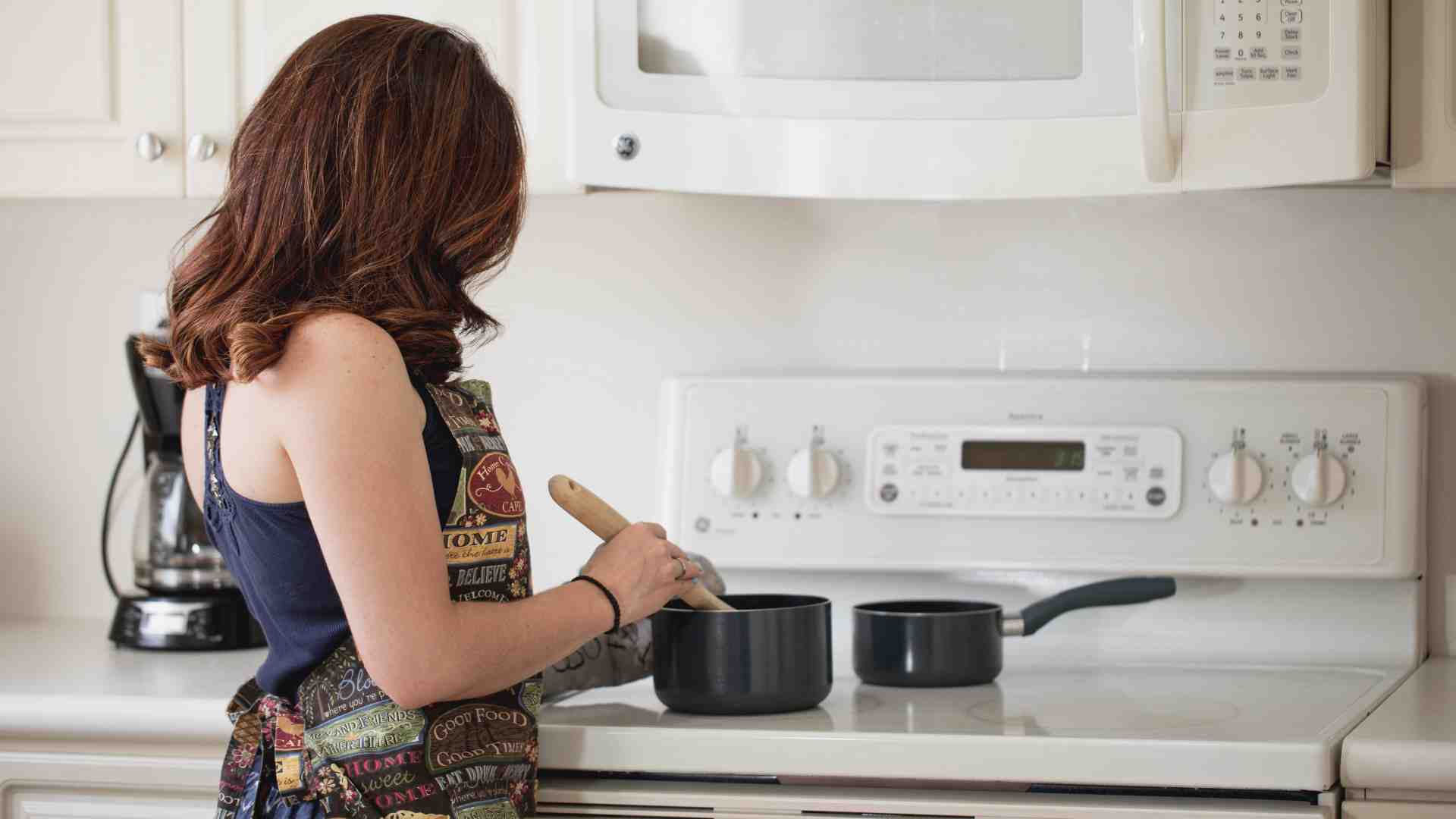
One of the best ways to avoid accidentally consuming contaminated food is to thoroughly cook it first.
Once food reaches a high enough internal temperature, many types of viruses and bacteria living inside will die from the heat. Someone must always be sure to reheat food when stored. Note that some bacteria release toxins that are not neutralized by the cooking process alone.
Freezing Food Not a Good Solution

Many people think that freezing food will kill bacteria contained in the product. However, there are many examples of bacteria that can survive in freezing temperatures.
For some types of bacteria all freezing does is suspend it in stasis. Once the thawing process begins, bacteria and mold will reactivate and pose a threat to humans again. Freezing can slow down the spread of bacteria, but it will not ultimately stop it.
Contact Information for Reimbursement
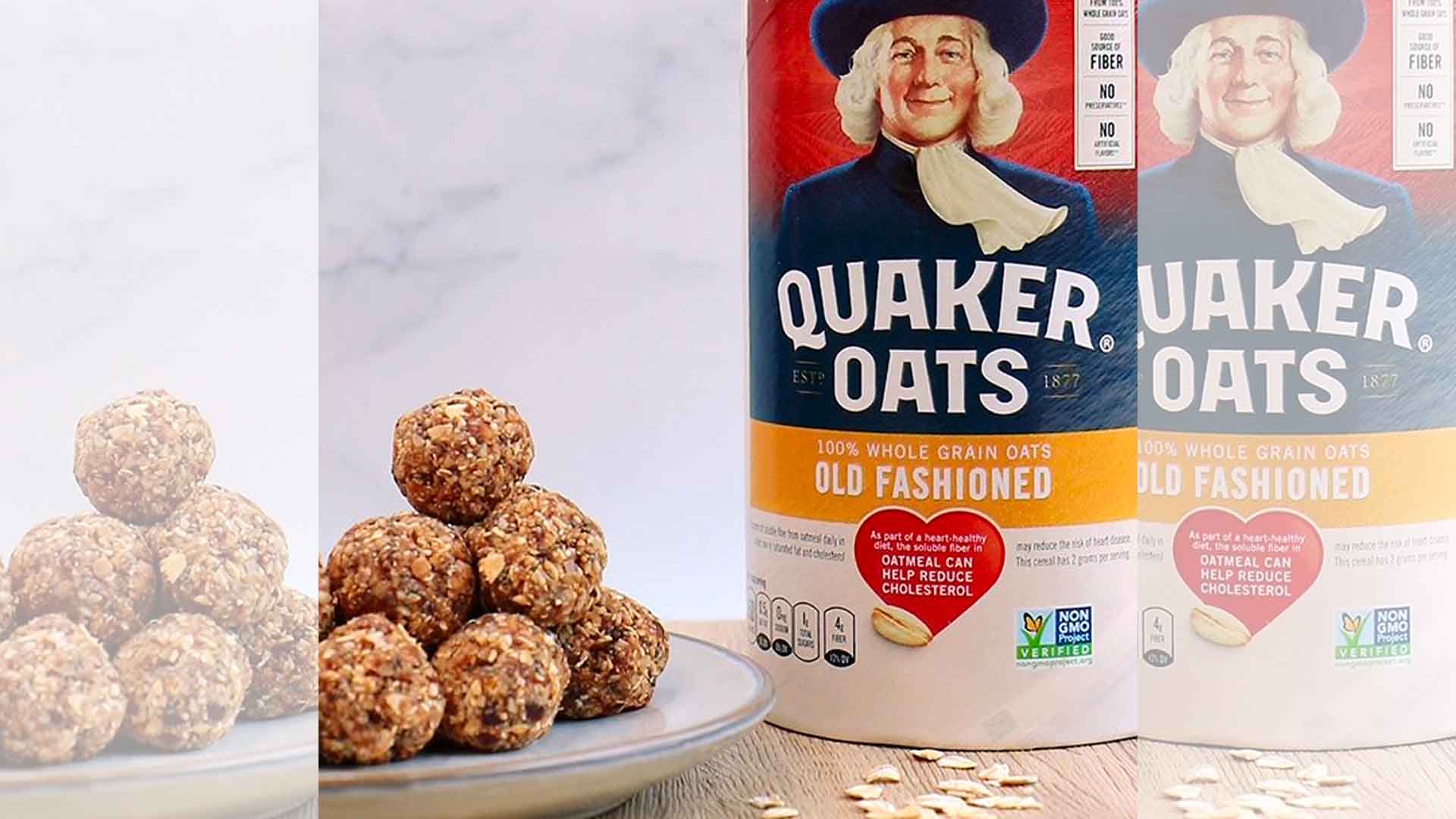
Quaker Oats has offered reimbursements for recalled products. Consumers can contact Quaker Consumer Relations or visit the recall website for more information.
This gesture not only aids consumers financially but also helps maintain trust in the brand during the recall process.
FDA’s Role and Reporting
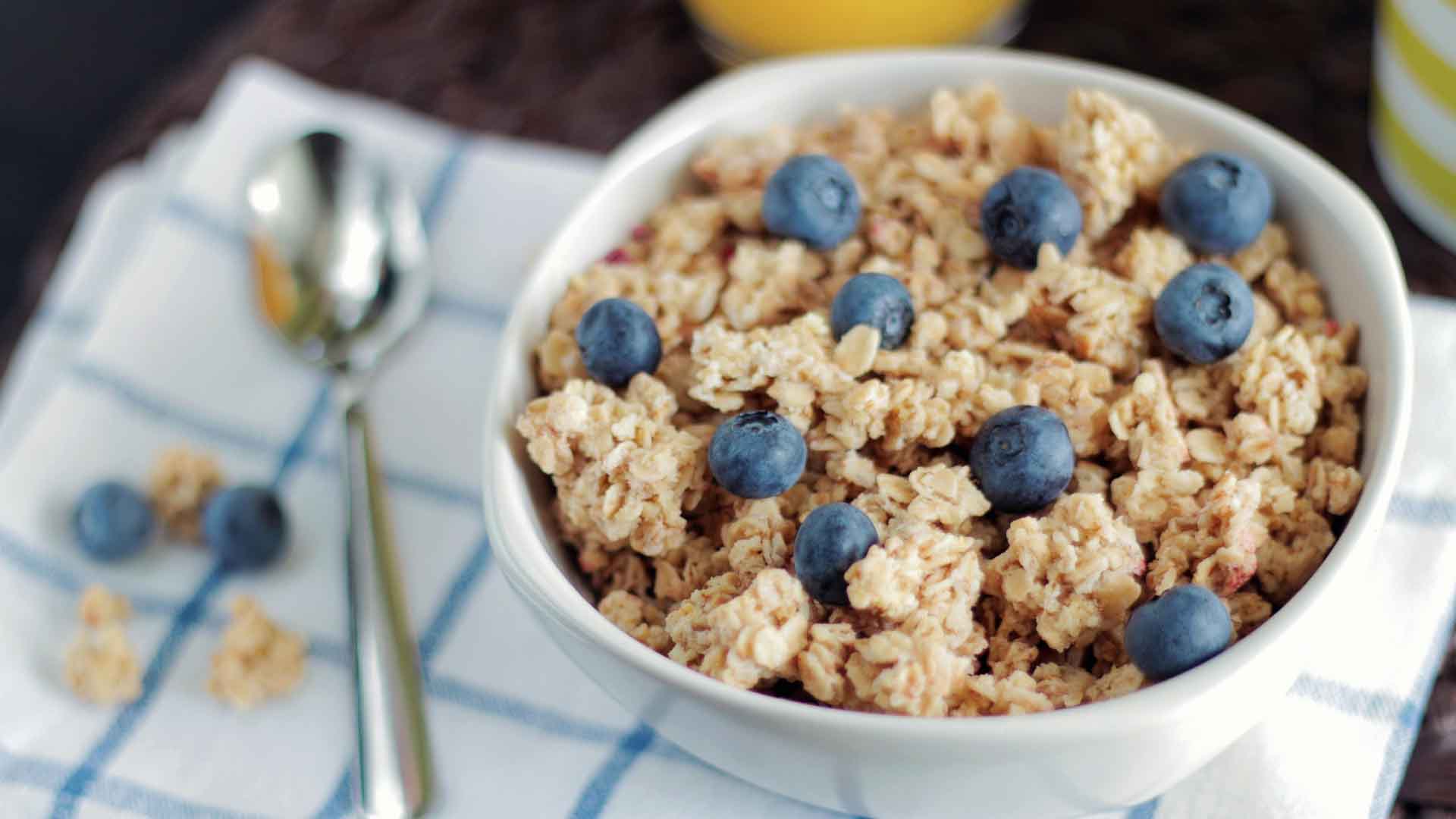
The U.S. Food and Drug Administration (FDA) has been actively involved in monitoring the situation. While they have received reports of adverse events—which can include things like off-tasting or discolored products— no direct link to illnesses has been confirmed.
The FDA’s ongoing investigation and collaboration with Quaker Oats play a critical role in ensuring public health and safety moving forward.
What Can the FDA Do?
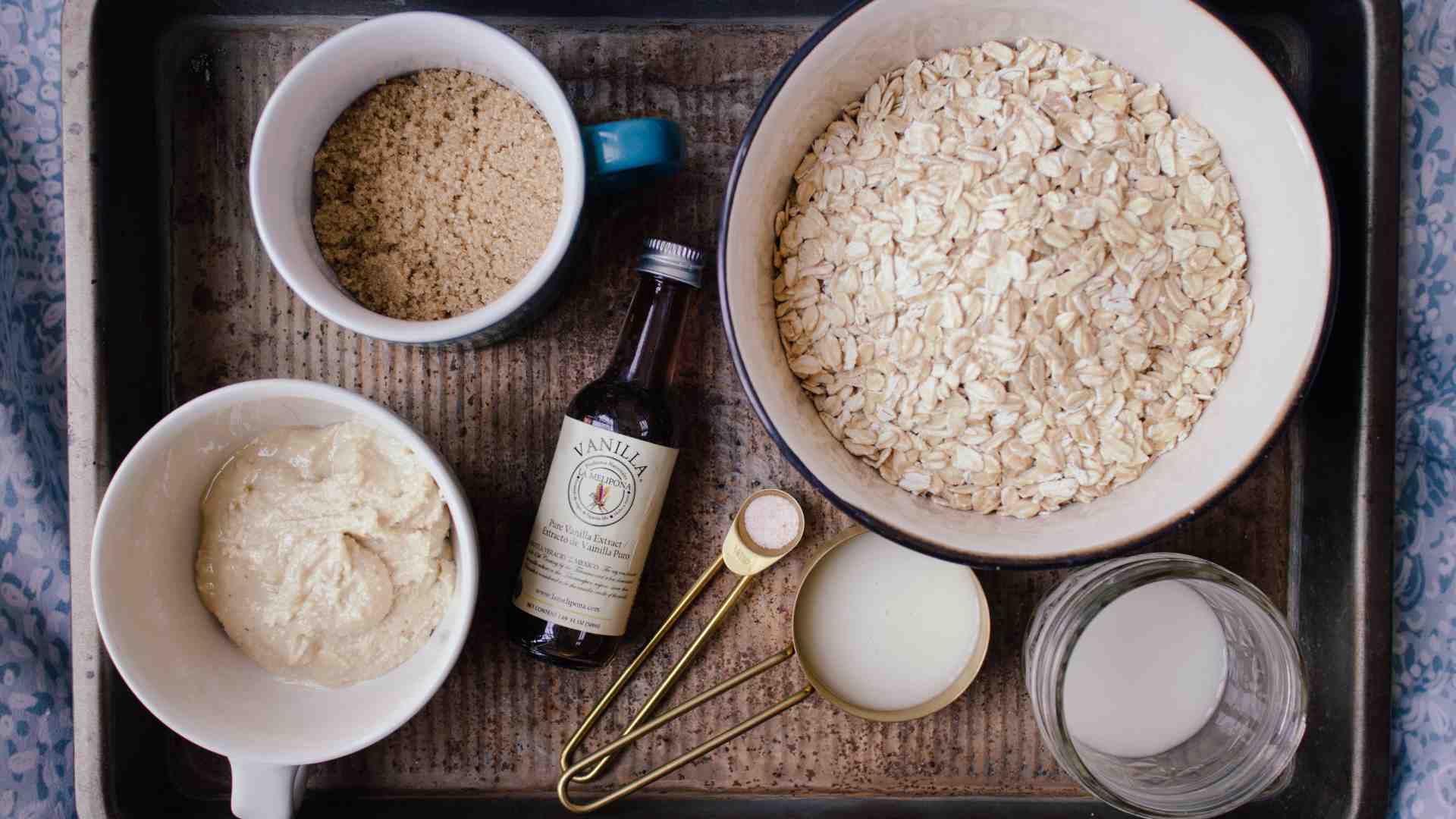
The FDA has the authority to seize and examine Quaker Oat’s food products and subject them to testing. The FDA does not have an enforcement arm that can do anything to the company on its own if wrongdoing is suspected or found.
However, the FDA can issue civil fines for any violations it finds. Serious violations can result in a company being disqualified from providing the same product or service again.
Public Perception of the FDA

A study from the National Institutes of Health found that 78.8% percent of respondents trust the FDA. Some may find this percentage a bit low, but compared to people’s trust in the government generally, it is high.
Pew Research found in 2023 that less than two in ten Americans trust the federal government. Public trust in the federal government has been setting record lows in recent years.
Impact on Public Health

Food recalls, especially on this scale, have significant implications for public health. They not only address immediate health concerns but also influence consumer trust and industry standards.
Understanding the broader impact of such recalls is essential in recognizing the importance of stringent safety measures in food production.
Preventative Measures by Quaker Oats
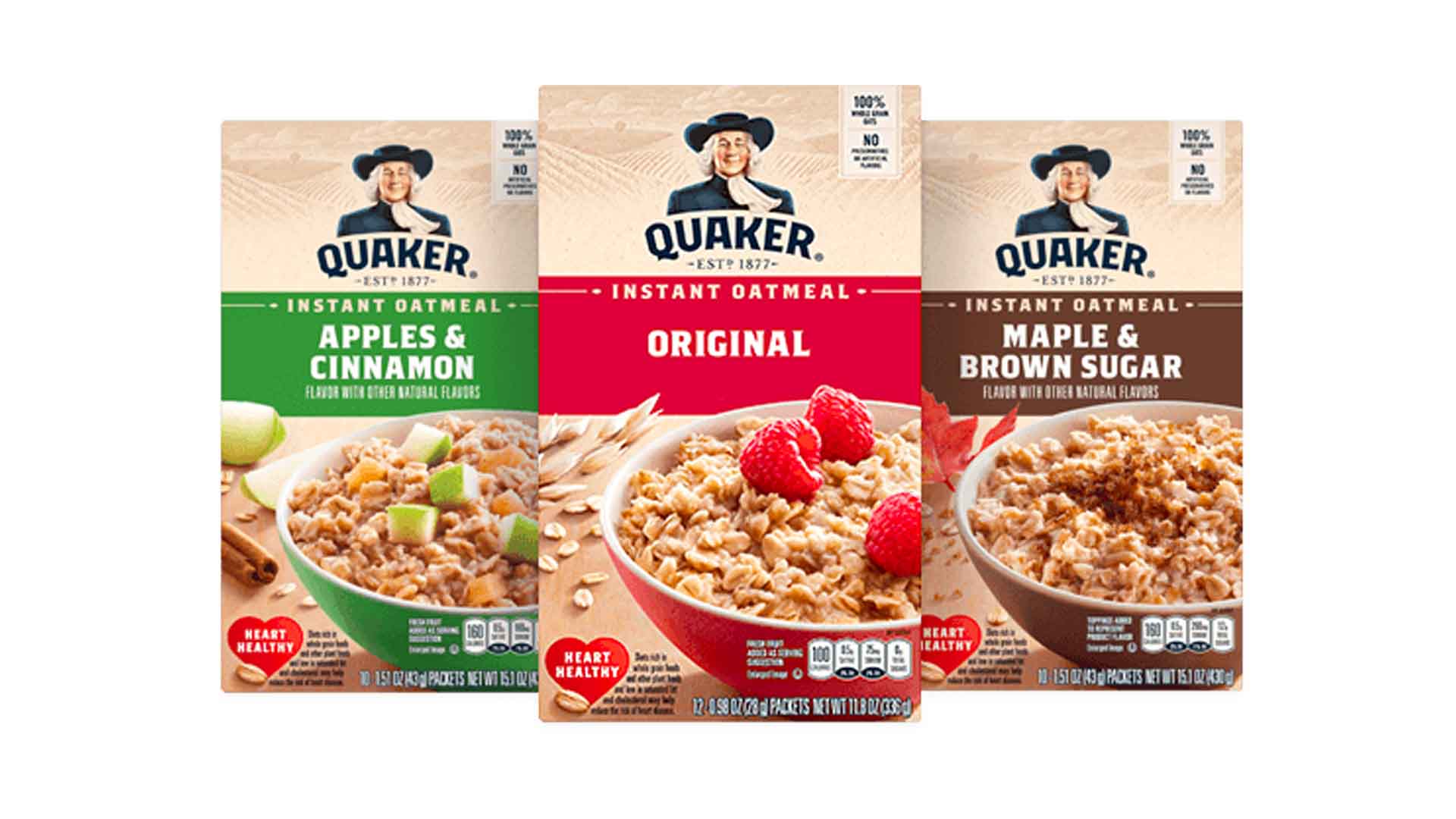
In response to the recall, Quaker Oats is implementing rigorous preventative measures to avoid future contamination.
These steps include enhanced testing and quality control protocols, showcasing the company’s dedication to ensuring the safety and quality of its products.
How Does Salmonella Get Into Food Products?
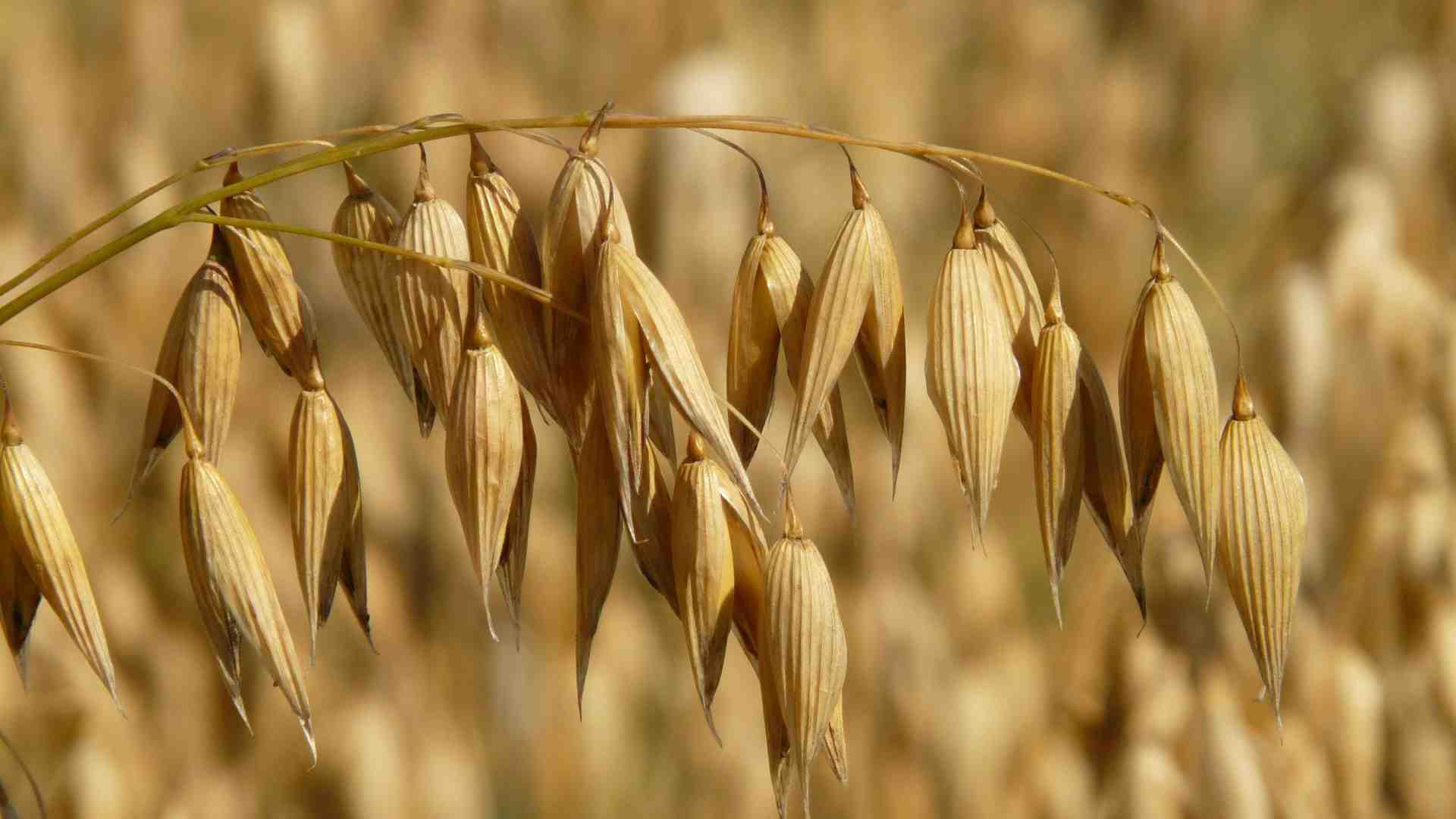
Salmonella often contaminates food products through water. The bacteria is passed through the water in irrigation fields and buries itself under the surface of food products.
When someone consumes a contaminated food product, the bacteria settles in that person’s intestines. Salmonella can also be passed from infected animals to food products during production. While it is commonly seen in raw foods, even processed foods can be susceptible to a salmonella infestation.
Consumer Awareness
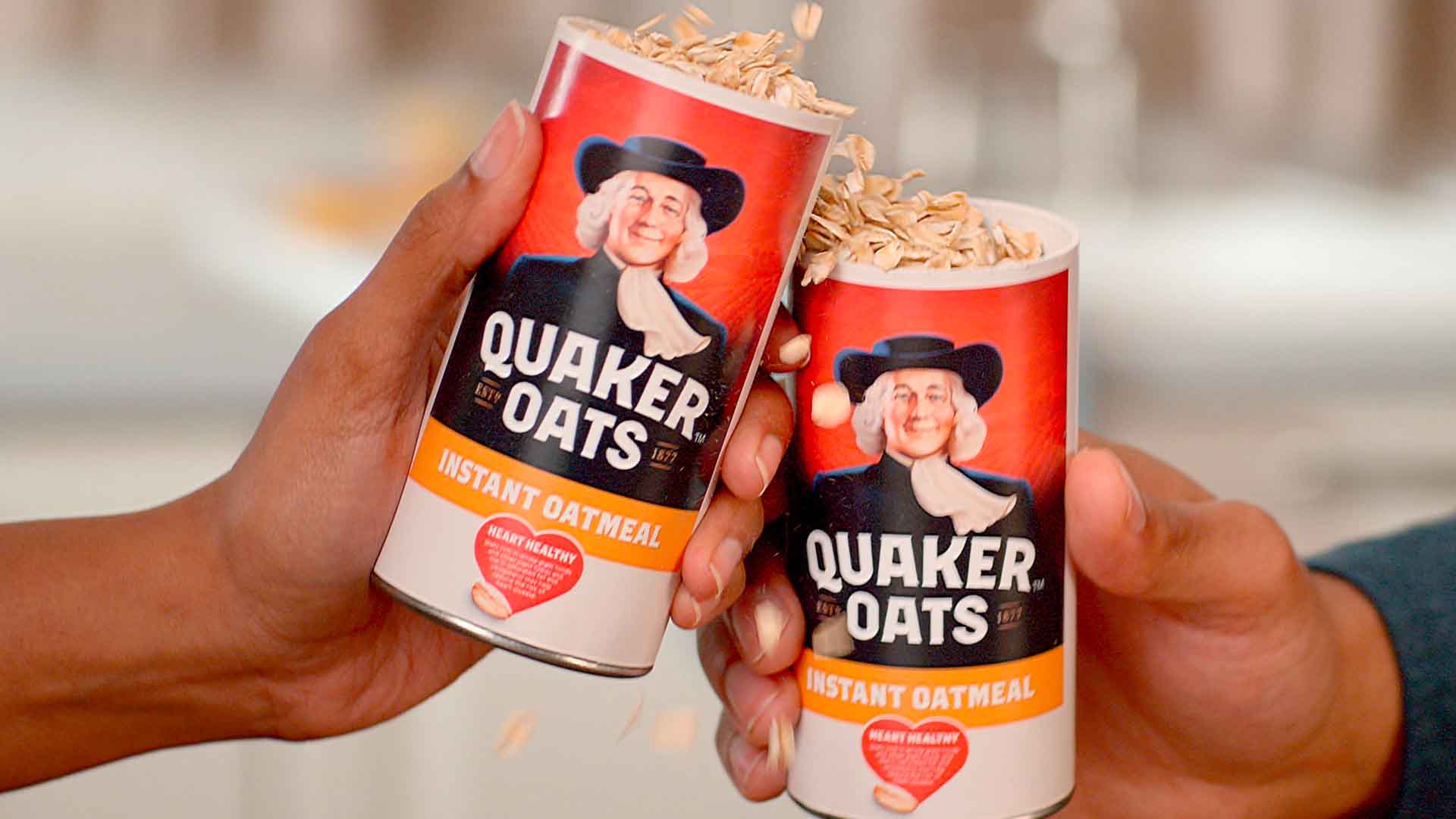
This recall serves as a reminder of the importance of staying informed about the products we regularly consume. It emphasizes the need for consumer awareness and the role of companies and regulatory bodies in ensuring food safety.
By staying proactive and informed, consumers can navigate such situations more effectively and maintain their health and well-being.








































